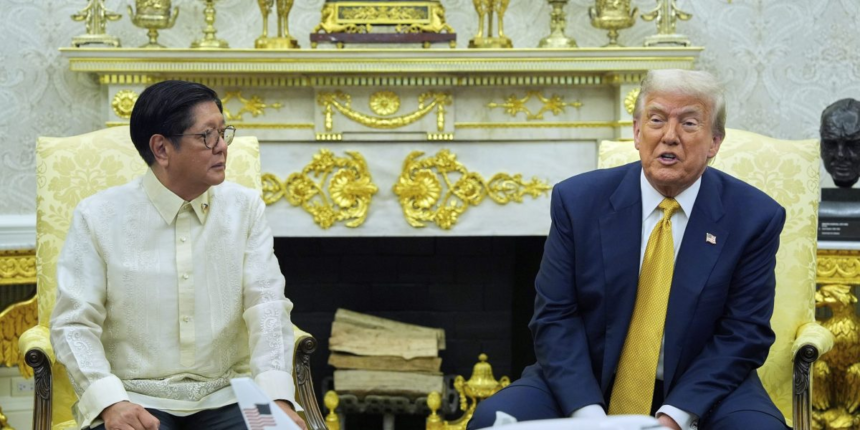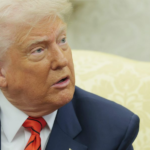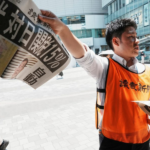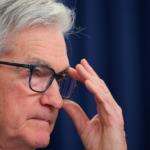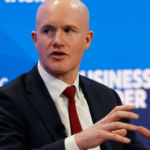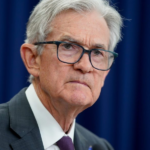Trump revealed the broad terms of the agreement on his social media network and said the U.S. and the Philippines would work together militarily. The announcement of a loose framework of a deal comes as the two countries are seeking closer security and economic ties in the face of shifting geopolitics in the Indo-Pacific region.
Marcos’ government indicated ahead of the meeting that he was prepared to offer zero tariffs on some U.S. goods to strike a deal with Trump. The Philippine Embassy did not immediately respond to a message seeking comment.
Trump said on Truth Social that the U.S. would impose a 19% tariff rate on the Philippines, down from a 20% tariff he threatened starting Aug. 1. In return, he said, the Philippines would have an open market and the U.S. would not pay tariffs.
Marcos described the lower 19% tariff rate to reporters in Washington as a “significant achievement” in real terms. He said his country was considering options such as having an open market without tariffs for U.S. automobiles, but emphasized details were still left to be worked out. When asked whether the Philippines got the shorter end of the stick, Marcos said, “that’s how negotiations go.”
Without further details on the agreement, it’s unclear how it will impact their countries’ economies.
Trump wrote that Marcos’ visit was “beautiful,” and it was a “Great Honor” to host such a “very good, and tough, negotiator.”
Appearing before reporters in the Oval Office ahead of their private meeting, Marcos spoke warmly of the ties between the two nations.
“This has evolved into as important a relationship as is possible to have,” said Marcos, the first Southeast Asian leader to hold talks with Trump in his second term.
Trump, as he does in many of his appearances, veered off topic as he fielded questions from reporters.
“After what they did to me, whether it’s right or wrong, it’s time to go after people,” Trump said.
When asked how he plans to balance his country’s relationships between the U.S. and China, Marcos said there was no need to balance “because our foreign policy is an independent one.”
“Our strongest partner has always been the United States,” said Marcos, whose country is one of the oldest U.S. treaty allies in the Pacific region.
On Tuesday, when asked about the U.S. defense commitment to the Philippines, Chinese Foreign Ministry spokesperson Guo Jiakun said, “Whatever cooperation the U.S. and the Philippines have, it should not target or harm any third party, still less incite confrontation and heighten tensions in the region.”
China, the Philippines, Vietnam, Malaysia, Brunei and Taiwan have been involved in long-unresolved territorial conflicts in the South China Sea, a busy shipping passage for global trade.
When hosting Marcos, Trump said a visit to China is “not too distant,” suggesting it is possible he could travel there soon. Trump touted U.S.-China relations but said Manila is independent in its dealings with Beijing.
“Do whatever you need to do,” Trump told Marcos. “But your dealing with China wouldn’t bother me at all.”


